
To cope up the water crisis, and to provide a sustainable solution to the continuing problem.
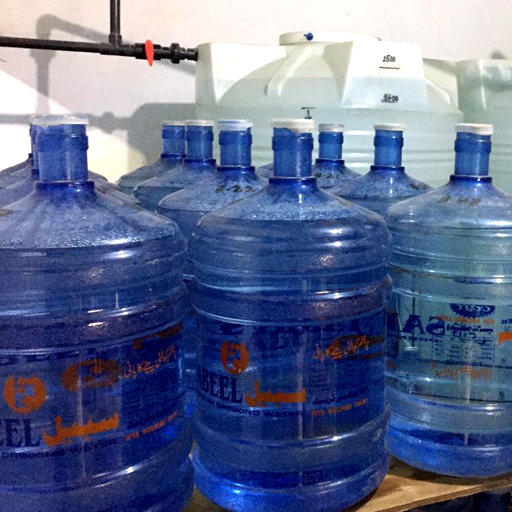
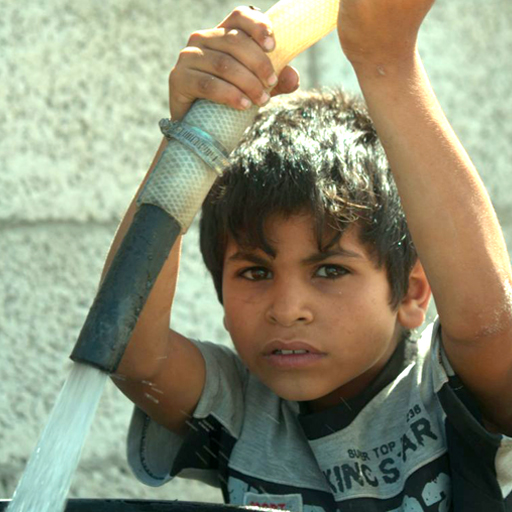
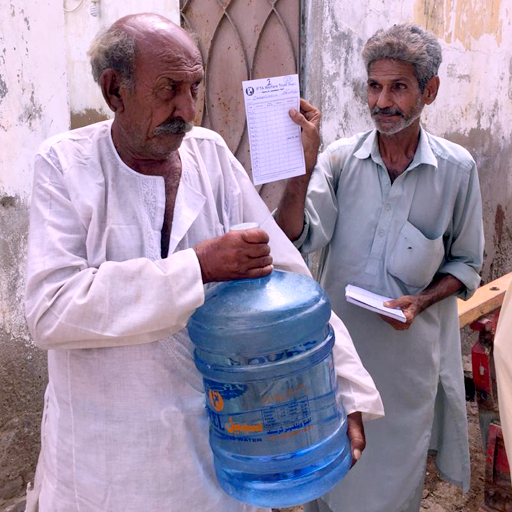
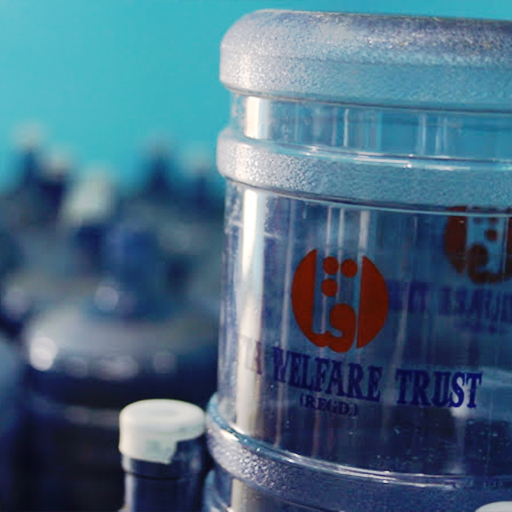
Clean Drinking Water Project
IFTA appreciates the value of clean water and aims to guarantee the supply of clean drinking water through RO plants.
Currently, there are 988,250 people in 197,650 families are being served under this project. The latest amount spent on this project is PKR 3,261,225.
A reverse osmosis (RO) water filtration plant is a specialized system designed to remove impurities and contaminants from water using the process of reverse osmosis. Reverse osmosis is a filtration process that uses a semi-permeable membrane to remove particles, ions, and molecules from water. The membrane allows water molecules to pass through, while blocking other contaminants.
RO water filtration plants are used in a variety of settings, including homes, commercial buildings, and industrial facilities. They are especially useful in areas where the water supply contains high levels of dissolved salts, minerals, or other impurities that can affect the taste, odor, and safety of the water.
The RO water filtration process involves multiple stages, starting with a pre-treatment stage where the water is passed through a series of filters to remove large particles and sediments. Next, the water is forced through the semi-permeable membrane at high pressure, which separates the water molecules from the contaminants.
The purified water is then collected in a storage tank, while the impurities and contaminants are flushed out of the system through a waste stream. The waste stream is typically sent to a drain or sewer, although some systems may incorporate additional treatment stages to further reduce the amount of waste generated.
RO water filtration plants are highly effective at removing a wide range of impurities, including bacteria, viruses, dissolved salts, minerals, and chemicals. They are also relatively easy to maintain, with regular filter changes and system checks required to ensure optimal performance.
Overall, RO water filtration plants are an essential tool for ensuring access to safe, clean drinking water in a variety of settings. Whether you are a homeowner, business owner, or industrial operator, an RO water filtration plant can help you achieve high-quality water that is free from impurities and contaminants.
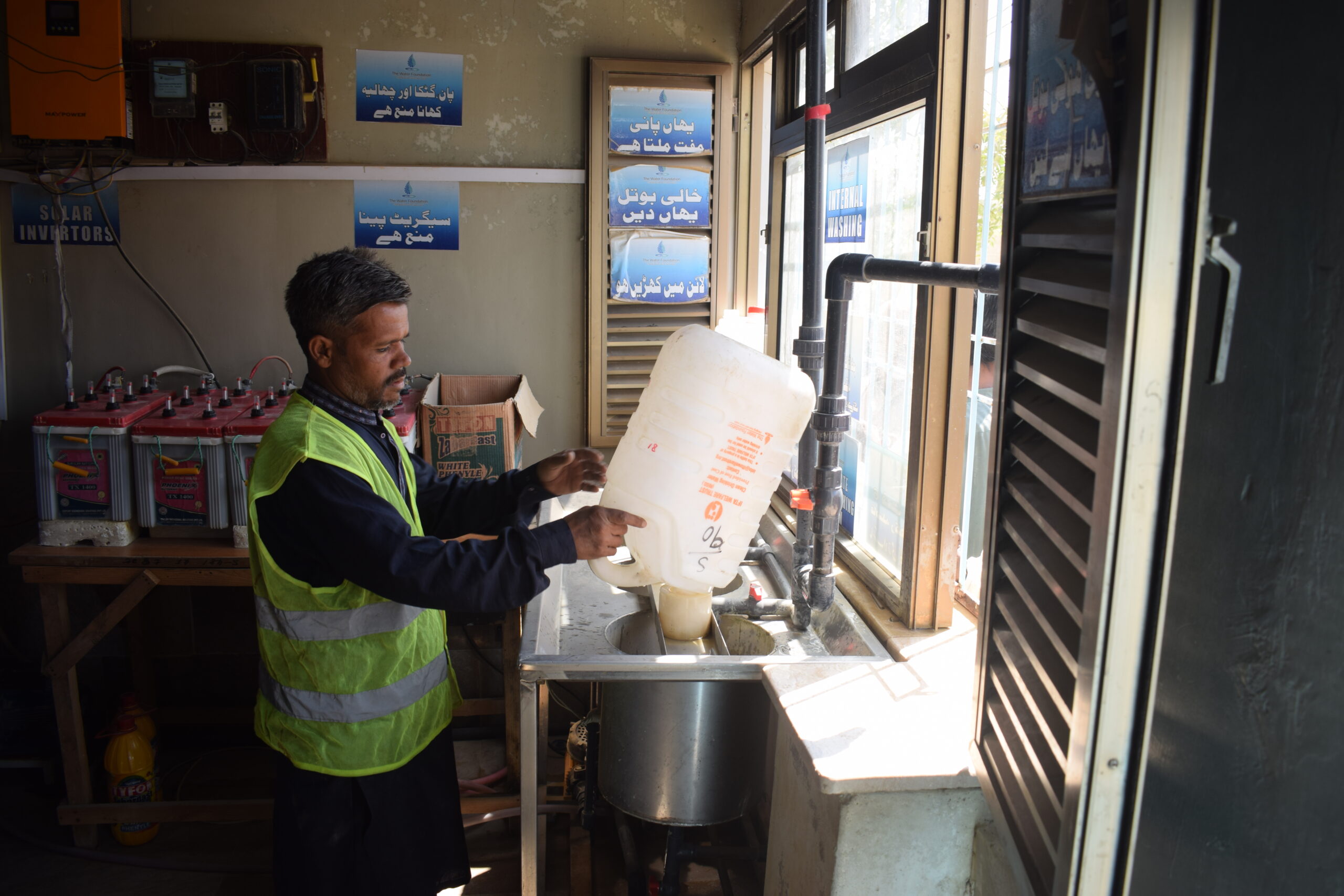
Clean drinking water is free from harmful contaminants and bacteria that can cause waterborne illnesses such as diarrhea, cholera, and typhoid fever. By consuming clean water, the risk of contracting these illnesses is significantly reduced, resulting in improved physical health.
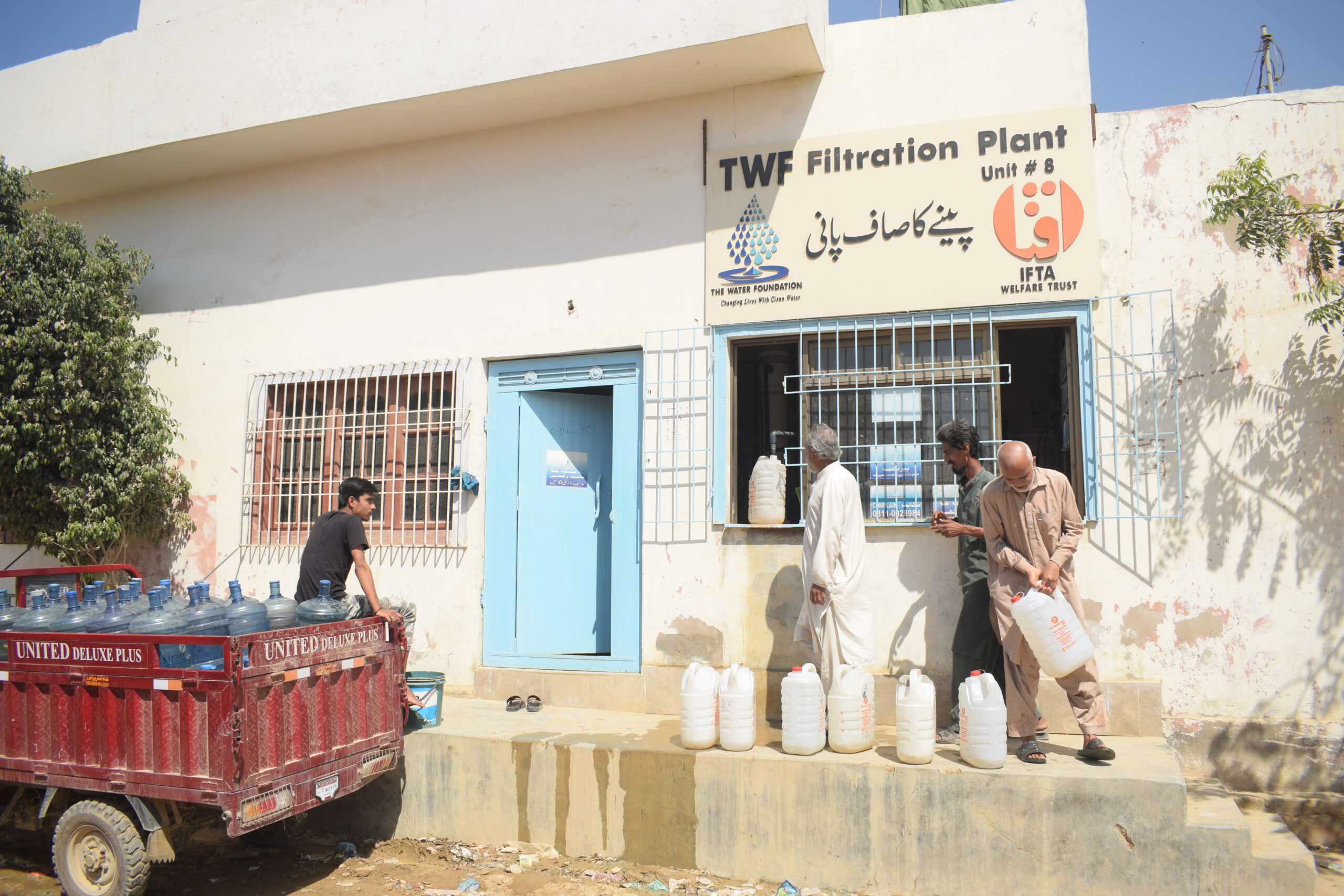
Dehydration can lead to cognitive impairment, affecting memory, attention, and decision-making abilities. Clean drinking water helps to keep the body hydrated, thereby improving cognitive function and concentration.
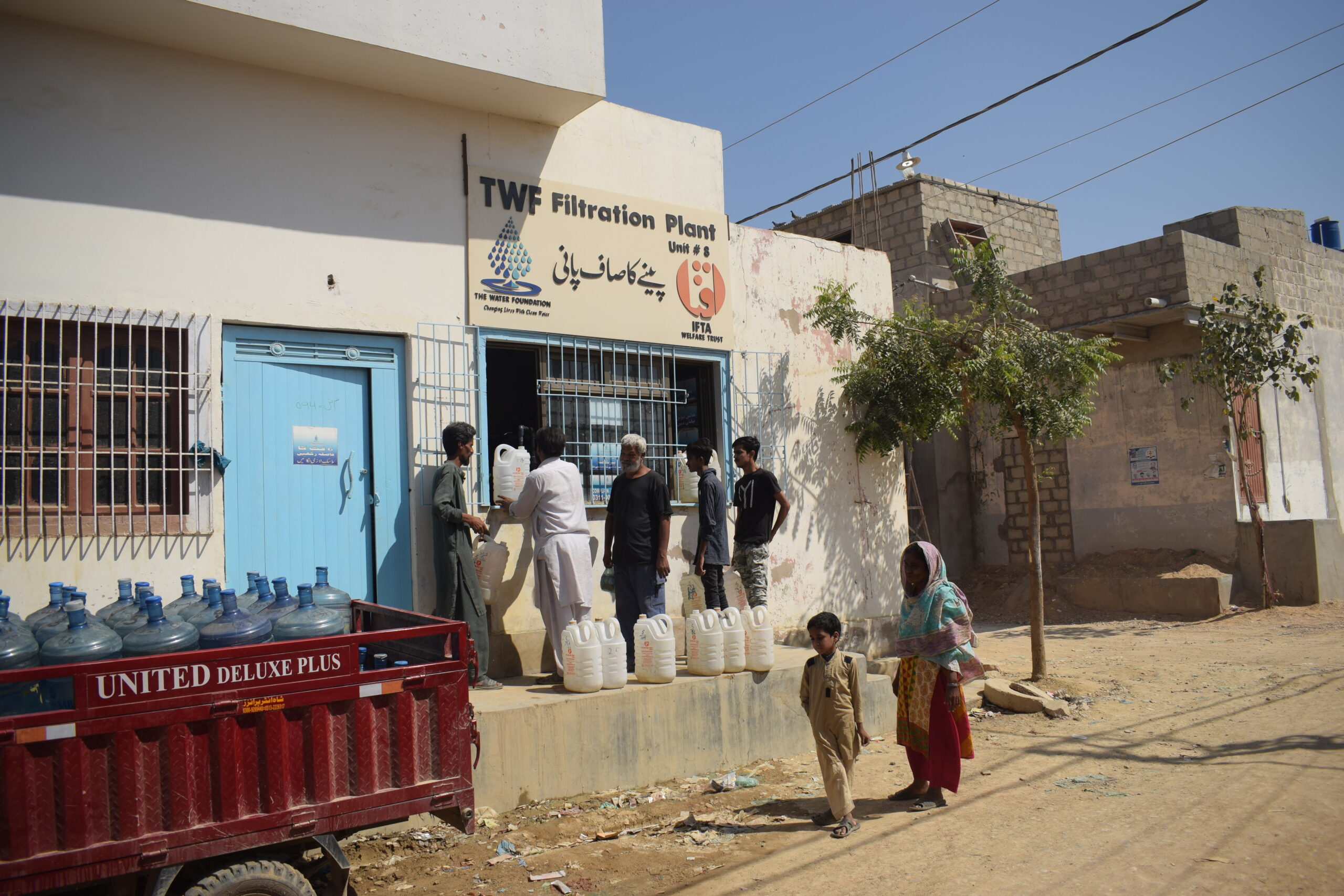
Access to clean drinking water can have significant economic benefits. In areas where water is scarce, people may need to travel long distances to collect water, which can be time-consuming and physically demanding. By providing clean water sources closer to homes and communities, people can save time and energy, allowing them to focus on other activities such as education or income-generating work. Additionally, access to clean water can reduce healthcare costs associated with waterborne illnesses, resulting in significant savings for individuals and communities.
Donation Required For (Clean Drinking Water Project)
We Distributed More Then 300+ Water Bottles Every Day
We have started this drinking water project in the vicinity of our existing area of welfare work in Orangi Town. Orangi town has a population of approximately 2.5 million although government records report 700,000 inhabitants. There are several ethnic groups in Orangi Town.